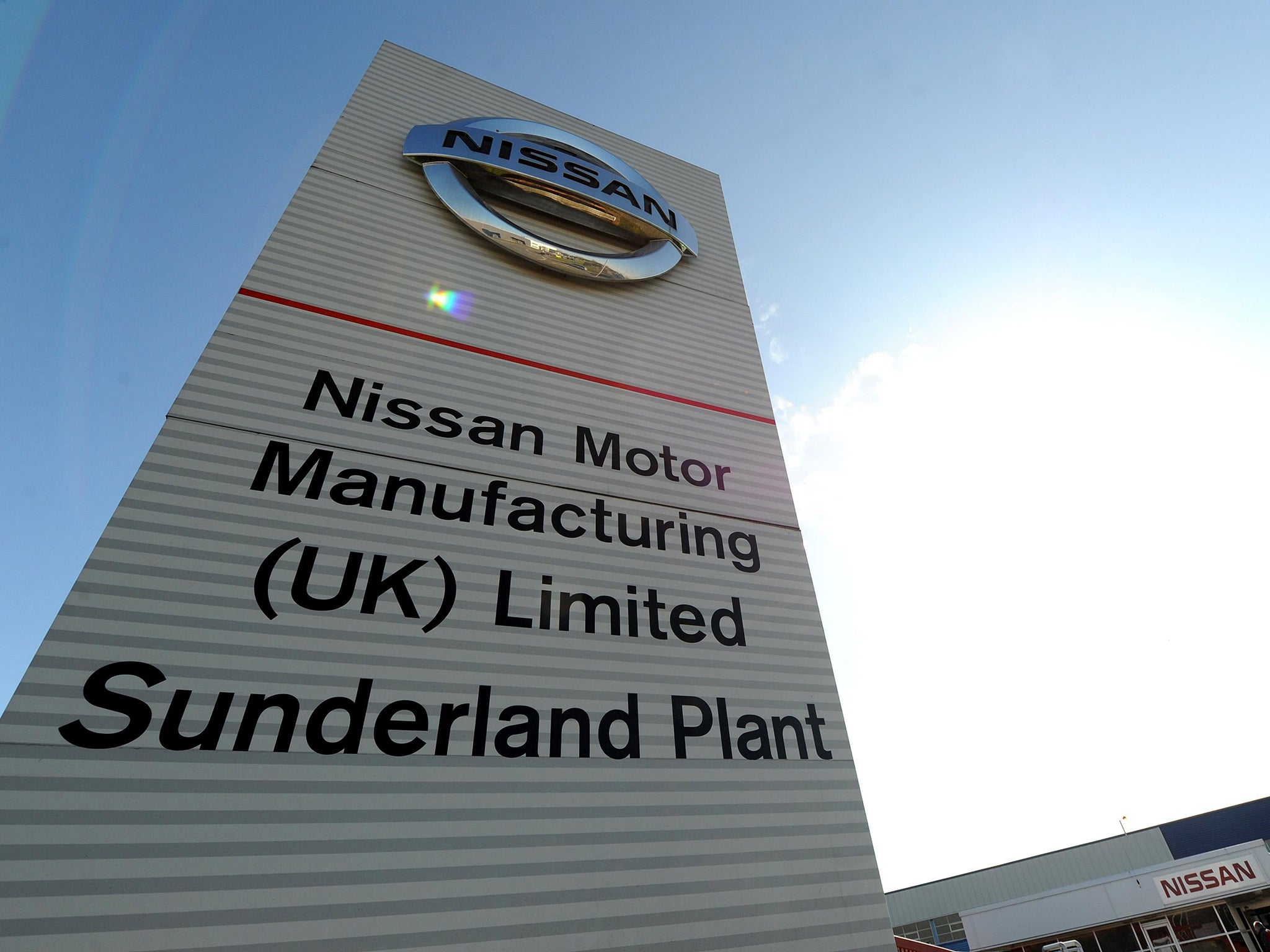Cyber-attack that crippled NHS systems hits Nissan car factory in Sunderland and Renault in France
Japanese car giant latest to be affected by ransomware sweeping the globe

Your support helps us to tell the story
From reproductive rights to climate change to Big Tech, The Independent is on the ground when the story is developing. Whether it's investigating the financials of Elon Musk's pro-Trump PAC or producing our latest documentary, 'The A Word', which shines a light on the American women fighting for reproductive rights, we know how important it is to parse out the facts from the messaging.
At such a critical moment in US history, we need reporters on the ground. Your donation allows us to keep sending journalists to speak to both sides of the story.
The Independent is trusted by Americans across the entire political spectrum. And unlike many other quality news outlets, we choose not to lock Americans out of our reporting and analysis with paywalls. We believe quality journalism should be available to everyone, paid for by those who can afford it.
Your support makes all the difference.Nissan's Sunderland car factory has been hit by a cyber-attack.
It comes after the NHS was held to ransom when malware struck on Friday, locking doctors out of their computers.
A Nissan spokesman said he could not confirm whether production had been affected. The plant's standard working week is Monday to Friday.
The spokesman said: "Like many organisations, our UK plant was subject to a ransomware attack affecting some of our systems on Friday night. Our teams are working to solve this issue."
French carmaker Renault has also been affected. "Measures are being put in place to stop the spread of the virus. It's the first step," a spokeswoman said.
The ransomware – which locks down files until money is paid – is a new version that is rapidly spreading across the world. It has affected thousands of computers in nearly 100 countries.
Patients across England and Scotland were in limbo after the malicious program spread through accident and emergency, GP surgeries and other vital health services.
Non-emergency patients have been advised to use health facilities sparingly, while those who are critically ill have had to be diverted to unaffected hospitals as computer systems failed in A&E units.
Though the problem is already infamous in the UK for the damage it has done to NHS systems, the effects have focused most specifically on Spain and Russia, according to experts.
"This cyber attack is much larger than just the NHS," said Travis Farral, director of security strategy for cyber security firm Anomali Labs. "It appears to be a giant campaign that has hit Spain and Russia the hardest."
Join our commenting forum
Join thought-provoking conversations, follow other Independent readers and see their replies
Comments